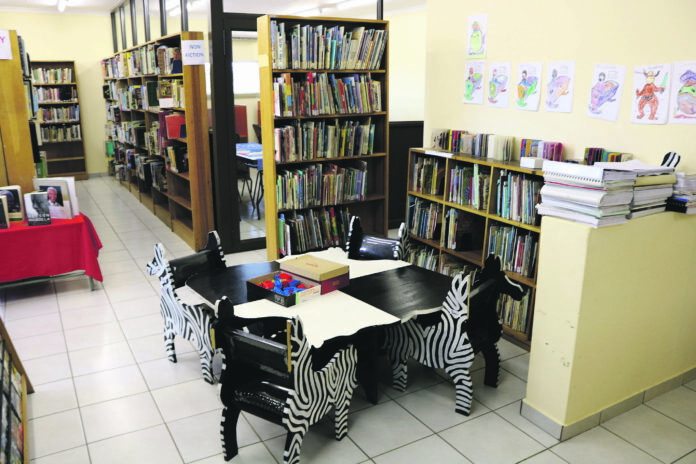In response to the reading crisis faced by South Africa pupils, the Zenex Foundation has launched the Ulwazi Lwethu collection.
The collection of African language reading material, which includes readers and storybooks, were meticulously developed to enhance mother-tongue reading skills.
The Zenex Foundation recognised the pivotal role that language competence, especially in pupils’ home languages plays in academic achievement.
The Ulwazi Lwethu materials target the nine official vernacular languages of South Africa, nurturing foundational reading and comprehension skills while celebrating the rich cultural tapestry of the nation.
Speaking at the launch held in Pretoria on Thursday, the foundation’s CEO, Gail Campbell said: “A strong foundation in mother-tongue literacy during the foundation phase is a cornerstone of successful future learning and development.
“However, the availability of suitable reading materials in African languages for the teaching of reading in classrooms has been a persistent obstacle. To address this gap, the Ulwazi Lwethu project focuses on producing a comprehensive range of high-quality graded readers and support materials.
The foundation said the scarcity of African language storybooks and a lacklustre reading culture have collectively hampered literacy development in South Africa.
The latest Progress in International Reading Literacy Study revealed that 81% of pupils in South Africa grade 4 cannot read for meaning in any language.
As a result, the Ulwazi Lwethu African reading materials have emerged as a beacon of hope, aiming to supply the Department of Basic Education, schools, teachers, parents, caregivers, and educational organisations with a rich repository of literature.
“A key innovative facet of the Ulwazi Lwethu reading materials is their digital dimension. The platform offers an online library of open educational resources, ensuring broader access and distribution of the materials, enabling educators, families, and learners to engage with the resources seamlessly in both physical and digital formats for download and printing,” added Campbell.
Along with providing grade 1 to 3 pupils with access to 1 430 high-quality African language graded readers and storybooks, authored and illustrated by African creators, teachers will be equipped with the tools to effectively mediate the resources, and pupils and caregivers can embrace leisure readers for continued practise at home.
The Minister of Basic Education Angie Motshekga said the project will change the lives of children in South Africa.
“When I visit schools, I tell the teachers to speak to the children in their languages so that they know them. Some even say they think they will perform better if they were taught in their home language.
“Ulwazi Lethu is forward-looking and does evoke a sense of collective responsibility and vision for our shared future. This program will also enable our learners to be part of the process of literacy,” said Motshegka
She further said the education literacy plan needs to be a shift that hinges on the use of age-appropriate and culturally resonate resources based on a logic of African languages and culture.
Follow @SundayWorldZA on Twitter and @sundayworldza on Instagram, or like our Facebook Page, Sunday World, by clicking here for the latest breaking news in South Africa.



